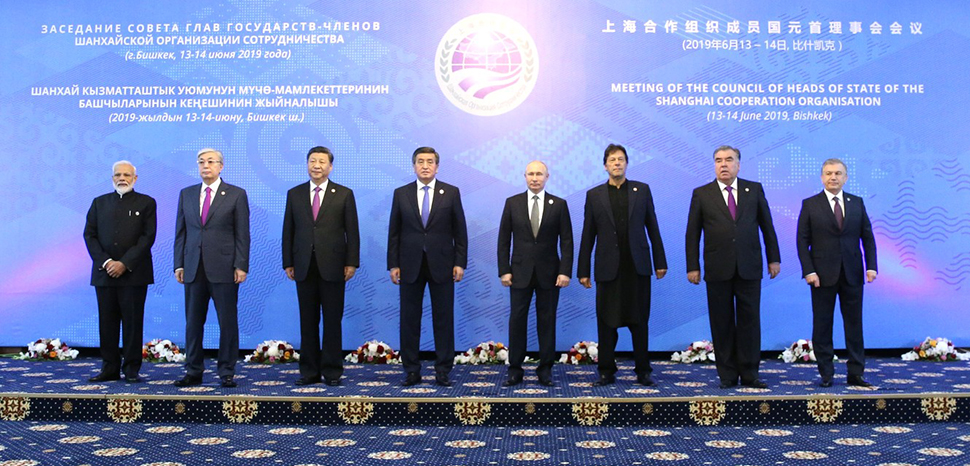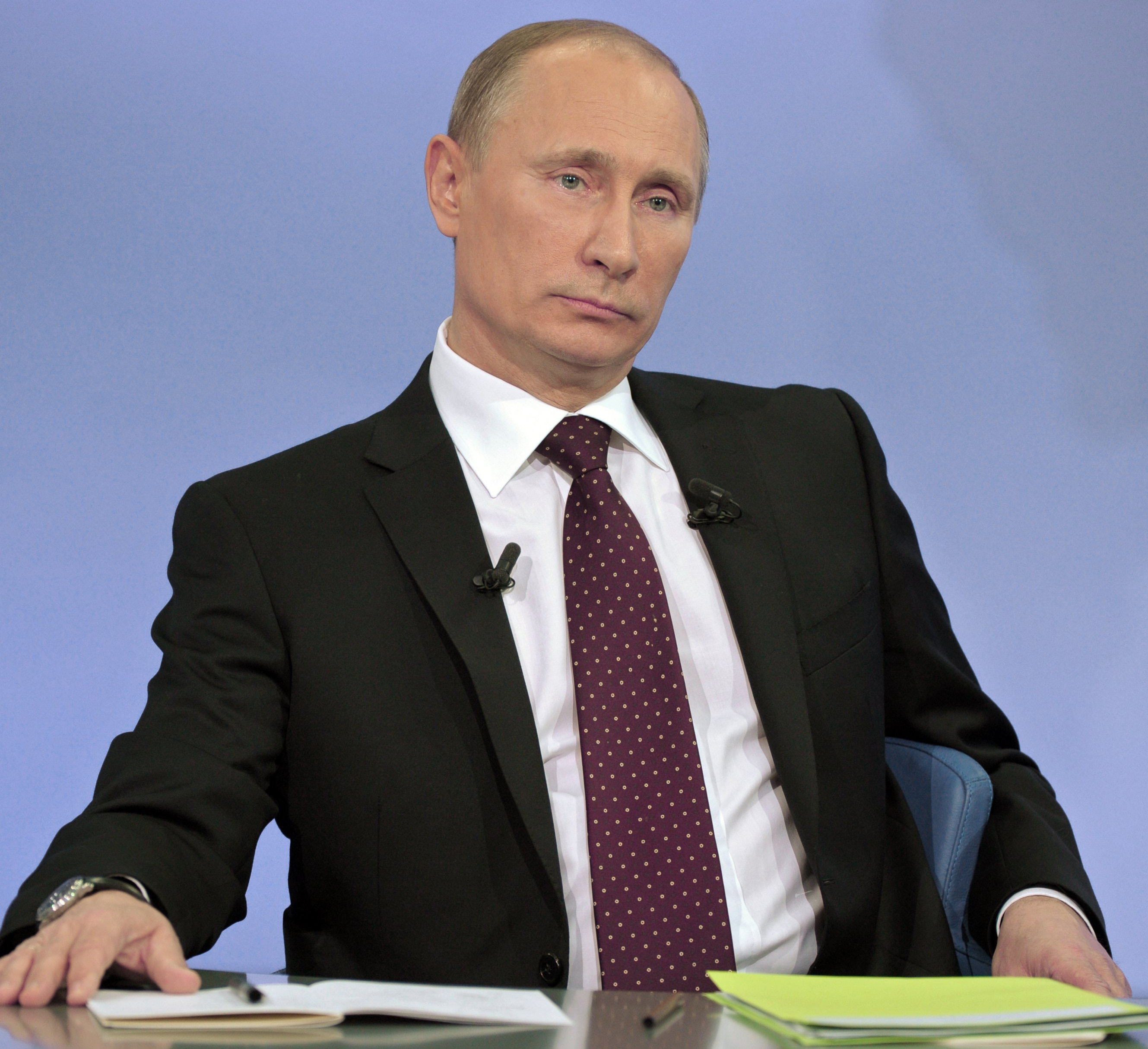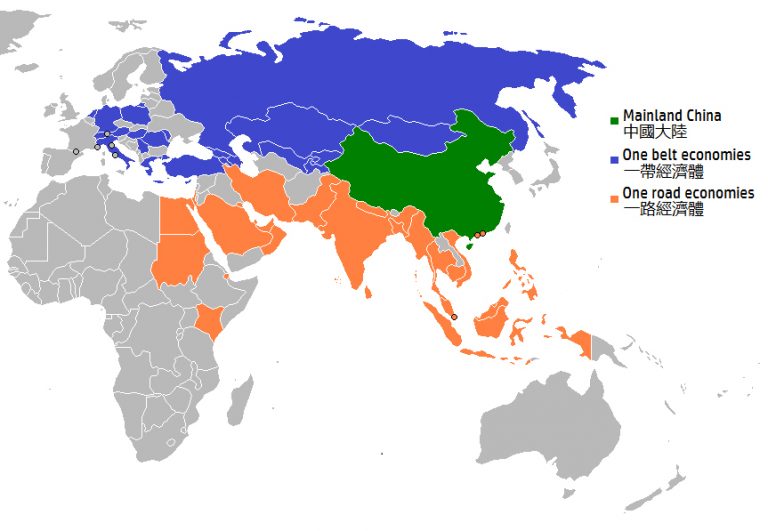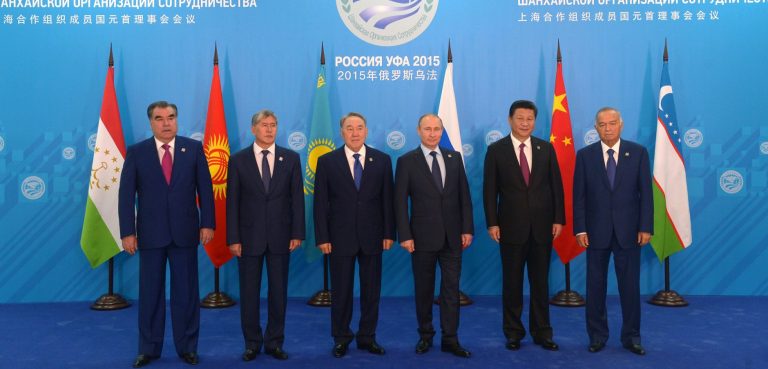Resource businesses are booming in the vast steppes of Kazakhstan. Oil, gas, iron, copper, and uranium extracted by state-owned enterprises and joint-ventures with the energy majors and mining giants of the world comprise the core of a thriving export economy. Thanks in part to a welcoming investment climate and the ongoing “Nurly Zhol” (Bright Path) infrastructure modernization program, the country is developing into an important conduit for east-west commerce, harkening back to centuries past when the Silk Road was the main vein of world trade. But in the backyard of a debilitated Russia and in the pathway of an ascendant China, Kazakhstan is warming into a hotspot of geostrategic interest in and of itself, as it seeks a way out from becoming entrapped between its two assertive neighbors.
Last year brought distinct challenges to Astana, with high inflation sparking civil unrest, and Vladimir Putin’s invasion of Ukraine throwing regional supply chains into disarray. Many Kazakhstani commodities either transit Russia or undergo downstream processing there before entering world markets. These deep industrial ties are as much a legacy of the Soviet era as they are a reality of Kazakhstan’s remote, landlocked geography. Russia maintains a strong paternalistic relationship with its former satellite states, but its present alienation from the West is forcing that dynamic to evolve.
Kazakhstani President Kassym-Jomart Tokayev perturbed the Kremlin last February by denying its request for his military’s participation in Ukraine, despite the fact that just one month prior, he had solicited the aid of the Russia-led Collective Security Treaty Organization (CSTO) to quell domestic protests. Tokayev has since gone further in distancing himself from Moscow by banning the ubiquitous “Z” and other Russian military symbols, canceling the May 9th Soviet Victory Day parade, and even declaring that he would not recognize the separatist regions of the Donbas while seated next to Putin at an economic conference last June. This defiance represents a departure from the status quo of acquiescence towards Moscow that the nation’s founding father, Nursultan Nazarbayev, practiced over his twenty-seven year tenure at the helm.
While a more self-determined Astana may be emerging from underneath an impaired Moscow, it does not have the security assurances or strategic depth to stand tall on its own. Were the Kremlin to turn its influence operations or outright aggression towards Astana, it is too far removed from the West, politically and geographically, for it to expect the aid that Ukraine has. Tokayev has seen Putin six times since that June conference, both in direct talks and through regional bodies like the Eurasian Economic Union and the Shanghai Cooperation Organization.
Kazakhs will always have to deal with the reality that Moscow considers the former Soviet states its “privileged sphere of influence,” and that many Russians even view Kazakhstan through the same revisionist prism used to justify the invasion of Ukraine. Former Russian president Dmitry Medvedev tweeted (though later deleted and attributed to alleged hackers) last October that Kazakhstan was also a “made up state,” a claim that Putin has substantiated as far back as 2014, following the annexation of Crimea. With Russia’s neo-imperial ambitions now on full display, Tokayev can no longer extend Putin any benefit of the doubt. Though he remains an ally, he is no simple vassal.
One tailwind behind Tokayev’s newfound confidence is his growing relationship with Chinese president Xi Jinping, whose “no limits” partnership with Russia but veiled unease towards Putin makes him a suitable counterweight to the Kremlin’s influence. Xi Jinping’s first international trip since pre-pandemic times was to Astana, where he and Tokayev spoke at length on increasing cooperation in energy, trade, media, and water conservation. Kazakhstan has long been of great interest to Beijing – envisioned as a key partner to the success of its Belt-and-Road Initiative (BRI), as a bridge to Europe and the Middle East through its navigable landscape and sheer longitude. Since 1997, the People’s Republic of China (PRC) has also invested at least $45 billion (USD) in the country’s oil, gas, and uranium sectors in order to meet its own swelling energy consumption while diversifying from reliance on Russian pipelines and tankers from the Persian Gulf.
An initial wave of enthusiasm for bilateral cooperation on BRI projects reached a peak around 2012, but soured into public cynicism over the following years, accompanied by a waning of Chinese investment. Though the partnership appeared agreeable on paper, less tangible barriers played significantly into why Beijing’s overtures hit a ceiling, and still continue to today. The Kazakh ethnic majority shares their Turkic roots, Islamic culture, and a linguistic family with the Uyghurs, who are facing severe repression in the bordering Xinjiang province of China. More than 1.4 million Kazakhs also live in Xinjiang, many enduring the same abuse as the Uyghurs in “reeducation camps,” driving regular anti-PRC protests across Kazakhstan’s cities. This popular distrust extends to Chinese investments and influence.
Politicians and business elites still welcome Chinese investments, but the national bank has curbed its debts to PRC sources by 40% since 2014, and is pushing for development projects that develop local talent and industry, belying deeper wariness. Astana seeks to avoid the plight of its neighbors, Kyrgyzstan and Tajikistan, whose onerous levels of development debt to China are raising questions of impacts to sovereignty. Nevertheless, the PRC has still managed to become Kazakhstan’s largest export partner in recent years, and Chinese connectivity into Central Asia will only continue to grow as a product of BRI development, so the PRC is primed to fill any gaps in influence should Tokayev continue to steer further away from Russia.
For decades, Kazakhstan’s multivector diplomacy allowed it to balance between Russia, China, and the US – but that only worked under American global hegemony, when Washington was reasonably willing to project power into Central Asia. With the retreat in US interventionism signaling a departure from longstanding norms, Astana must diversify its portfolio of patron states with a new third pole, in order to assuage the pressure it faces from its two muscling neighbors. Becoming too genial with Beijing could provoke unrest domestically, a threat in Tokayev’s very recent memory, while staying bonded too tightly to Moscow could lose it access to European markets or even the broader world behind a new iron curtain of sanctions.
To this end, Astana is throwing its support behind a plan to revitalize the outdated Trans-Caspian transport route, or “the middle corridor.” This alternate path traverses the Caspian Sea from Kazakhstan’s western shores, then Azerbaijan and Georgia, the Black Sea and the Turkish straits, and sails out into the world via the Mediterranean. The development of this trade route empowers Turkey, a resurgent regional power who has long been eager to play sponsor to the central Asian states. Turkey shares cultural fabrics with Kazakhstan, and has shown the temerity to stand up to both Russia and China on political issues. The partnership cements Kazakhstan as a principal thoroughfare for east-west commerce, in addition to providing Astana a clear outlet to Europe and greater leverage for political maneuvering as a crossroads between multiple centers of power in Eurasia.
Tokayev is acting out during Russian weakness in a bid to win new friends – but he must manage to maintain a healthy relationship with Moscow, lest his nation’s deepest relationship become a next-door nightmare. At the same time, Astana is equally anxious of being caught up in a tug-of-war by being drawn too far into Beijing’s orbit. Both neighbors present long-term challenges to Kazakhstani sovereignty, so it should continue to upgrade relations with powerful friends in order to balance with the historical-inertial influence of Russia, and the massive gravitational pull of China. Aside from Turkey, India or Iran are nearby and substantive enough to fit the bill – but the former has little to gain for the trouble, while the latter’s pariah status with the West would complicate issues. So for now, expect Tokayev – alone, or in league with his Uzbek, Kyrgyz, Tajik, and Turkmen counterparts – to entreat Turkey’s Recep Erdogan to build up the middle corridor, thus empowering a transition from post-Soviet satellites to indispensable links in world commerce.




